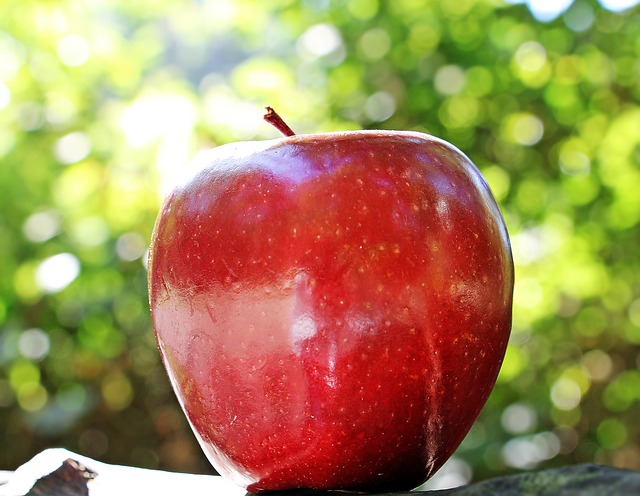Enhancing Athletic Performance with Probiotics: Science-Backed Strategies
Probiotics have gained significant attention in recent years for their potential to enhance various aspects of
human health. Beyond improving gut health and immunity, emerging research suggests that probiotics can also have
a positive impact on athletic performance. This blog will explore the science-backed strategies to enhance
athletic performance using probiotics.
The Role of Gut Health in Performance
The gut microbiota, a complex community of microorganisms residing in our digestive tract, plays a crucial role
in digestion, nutrient absorption, and immune function. An increasing body of evidence indicates that the
composition and diversity of gut bacteria can influence athletic performance.
The gut microbiota helps break down dietary fibers, producing short-chain fatty acids that serve as an energy
source for the body. They also produce vitamins and metabolites that impact overall health. Studies have shown
that athletes tend to have a more diverse gut microbiota, which may contribute to their improved performance.
Probiotics and Athletic Performance
Probiotics are live microorganisms that, when consumed in adequate amounts, confer health benefits to the host.
These beneficial bacteria can modulate the gut microbiota and potentially enhance athletic performance through
several mechanisms.
Improved Nutrient Absorption
Probiotics, especially strains of Lactobacillus and Bifidobacterium, can improve nutrient
absorption in the gut. They enhance the breakdown of carbohydrates, proteins, and fats, aiding in efficient
utilization and energy production. This improved nutrient absorption can enhance an athlete’s endurance and
overall performance.
Reduced Gut Distress
Intense physical exercise can cause gastrointestinal (GI) distress in athletes, including symptoms like
bloating, cramping, and diarrhea. Probiotics can help alleviate these symptoms by strengthening the gut
barrier, preventing the translocation of harmful bacteria and toxins. By maintaining gut health, probiotics
reduce the risk of GI distress during training or competition, allowing athletes to perform at their best.
Enhanced Immune Function
Intense exercise can temporarily suppress the immune system, making athletes more susceptible to infections and
illnesses. Probiotics support a balanced immune response by promoting the production of immune cells and
enhancing their activity. By strengthening the immune system, athletes can minimize the risk of infections and
maintain optimal performance levels.
Choosing the Right Probiotic Strains
Not all probiotics have the same effects on athletic performance. Different strains of probiotics have unique
properties and benefits. When selecting a probiotic, consider the following factors:
- Strains: Look for Lactobacillus acidophilus, Bifidobacterium bifidum,
Lactobacillus casei, or Lactobacillus rhamnosus. These strains have been studied for
their potential benefits in athletes. - Colony Forming Units (CFUs): Higher CFU counts ensure that an adequate number of viable bacteria reach the
gut for maximum efficacy. Aim for a product with at least a billion CFUs. - Product Quality: Choose a reputable brand that undergoes rigorous testing to ensure the quality and
viability of their probiotic products.
Integrating Probiotics into an Athlete’s Diet
Probiotics can be consumed through both natural food sources and supplements. Incorporating probiotic-rich foods
like yogurt, kefir, sauerkraut, and kimchi into an athlete’s diet can provide a natural source of beneficial
bacteria. However, for targeted and consistent results, a probiotic supplement may be necessary to achieve
specific strains and optimal CFU counts.
It’s important to







